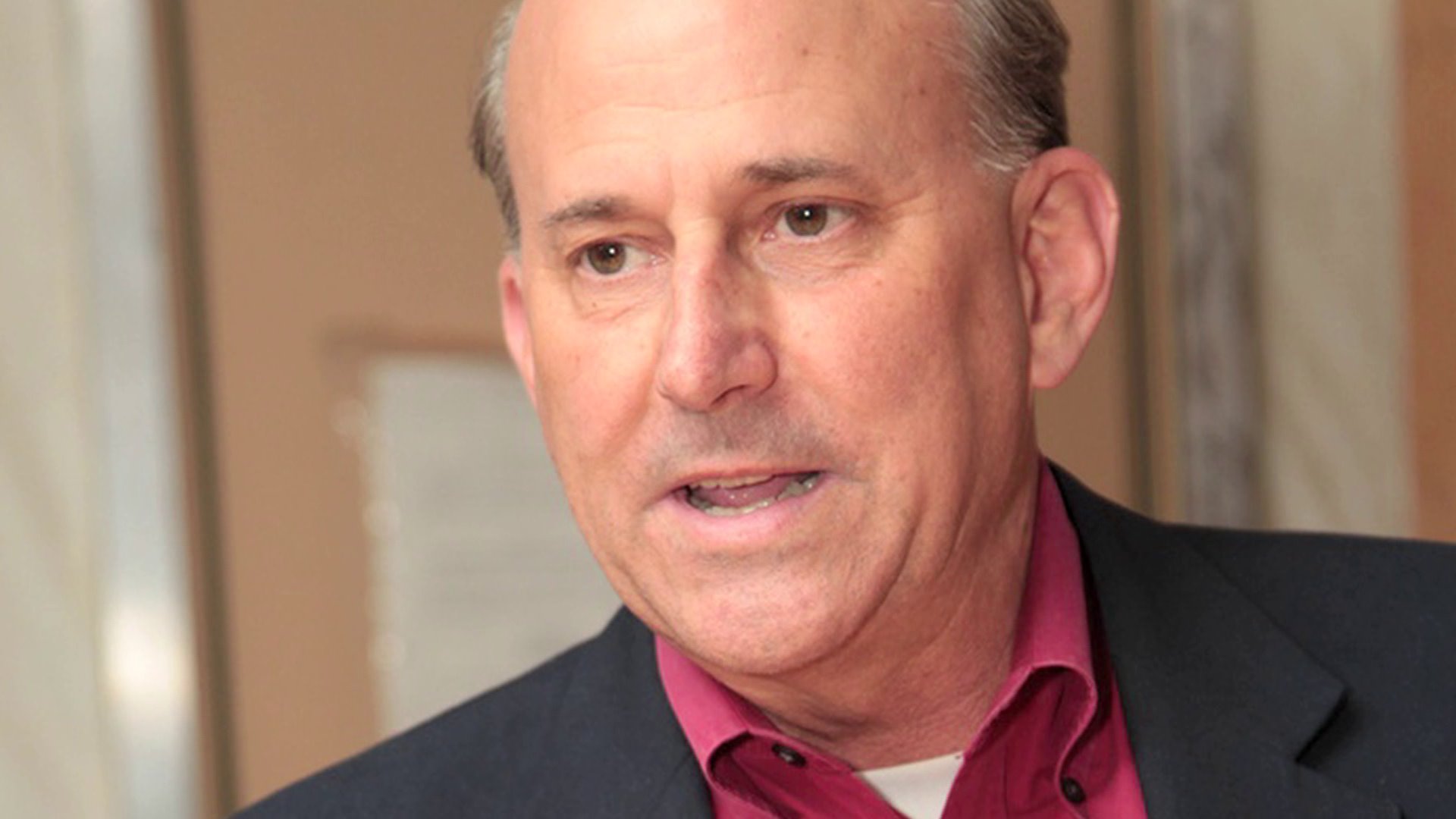By: Nancy Salvato
In the beginning, what excited people most about traveling to the new world was freedom to practice their religion without persecution or being treated differently for not adhering to a state mandated religion. As time passed, people were compelled by the idea that they could grab a piece of land and create their own wealth. These two ideas best characterize the American dream, the freedom to have a set of beliefs and not be compelled to follow the group and the freedom to build wealth from a wing and a prayer. Our governing system evolved from these two important rights.
Our country suffered 25,000 casualties, not to mention as many wounded in the revolution to gain our freedom from England. Once we had tasted freedom, it was hard to imagine allowing ourselves to be ruled by a king and a parliament determined to wield their authority over colonies that had been essentially governing themselves independently for years. To be told where goods could be sold and where they could trade, to be taxed indiscriminately, to be tried in courts without a jury of peers…these ideas were recognized as unjust and intolerable.
With freedom came wealth and power. This is because in our country there was no built in ruling class or proletariat class. In America, people were not seen as belonging to any particular class and it was a given that anyone could make it. Andrew Jackson was the first president who exemplified that idea, having beat enormous odds. He was not born of wealth and despite having lost both parents before he was fifteen, survived fighting (under age) in the American Revolution, being imprisoned, and smallpox. Yet he managed to become a school teacher, and later a lawyer, before running for and being elected to the highest office in the land.
What characterized the people who immigrated to America was that they wanted to become part of a country where people were free to pursue their happiness. There was no expectation that the government would take care of them. What drove settlers and foreigners to populate our country was the idea that with hard work and faith they could make something of themselves. When did this change?
Historically, there are some landmark events that we can look at as contributing to the downfall of our country. The passing of the 17th Amendment is one. Senators no longer represent the state; the senate is not the state’s house. It is just an extension of the people’s house. This has eroded state’s rights and upset the balance necessary to prevent any part of the government from gaining too much power or forgetting that they are there to serve the people. Another is Marbury v Madison, in which the judiciary branch of government could determine whether a law is to be followed, not whether a law is being applied fairly. Every time a president uses executive power to create law through regulation, instead of the congress, the balance is being eroded.
In the past eight years, we’ve witnessed the decimation of the middle class. With the economy tanking and the result of a government manufactured housing crisis, people who’d invested years of their savings into homes, found themselves in foreclosure. Forced to move and rent because of bad credit, their homes were often purchased by the wealthy and redistributed to people who qualified for section 8 and received government supplemented housing. Demographics of entire neighborhoods changed, bringing in people whose interests and values did not coincide with the established culture, changing political voting blocks.
At issue this election are several concerns. We are at war with political factions of a religion that calls itself peaceful. We need to determine how this war is to be fought and eliminate this threat. Will it be fought like Vietnam or will we eradicate the problem completely? Domestically, our government is in debt because of all the entitlement programs that were passed by preceding congresses and foisted onto generation after generation to fund. The economy has not recovered, despite the rhetoric. The reality is that many people can no longer apply for unemployment because the timeline for when they can receive benefits expired. Others have found jobs but they are not full time and they do not qualify for employee benefits. Those who take advantage of Affordable Healthcare Act policies are funded by taxpayers, as with any entitlement program. They are not free.
This election is the last gasp for the middle class. Those running for office on the left have openly voiced that they would usher in socialism. Those “feeling the Bern” or backing a progressive truly believe in the idea that the government knows best how to spend our hard earned wealth. This is an election to determine whether we still believe in equality of opportunity or if we now believe in the idea of equality of outcome.
It’s ironic that the sector that continues to show growth is the service industry. As we watch our class structure fall, an entire servant class is being created. It reminds me of the world before America was settled, a world where there were upper classes and lower classes who served them.
I used to enjoy following the election. For me, it was like following baseball or football. Now, when I listen to the media interview the candidates, I feel like I’m watching the show in the Hunger Games hosted by Caesar Flickerman. The media is whoring the candidates out for ratings. I wonder why these are called debates? The candidates are coached to say what will get them ratings. As Gale from the Hunger Games remarked to Katniss, “What if they just stop watching?” Unfortunately, Katniss was right when she replied, “But they won’t, Gale. They won’t.” We’re gawkers at the scene of an accident, compelled to watch the election process going down in flames.
Copyright ©2016 Nancy Salvato
Nancy Salvato is the Director of Education and the Constitutional Literacy Program for Basics Project, a non-profit, non-partisan research and educational project whose mission is to re-introduce the American public to the basic elements of our constitutional heritage while providing non-partisan, fact-based information on relevant socio-political issues important to our country. She is a graduate of the National Endowment for the Humanities’ National Academy for Civics and Government. She is the author of “Keeping a Republic: An Argument for Sovereignty.” She also serves as a Senior Editor for NewMediaJourna.us and a contributing writer to BigGovernment.com and FamilySecurityMatters.org.


















